Haleon, the world’s largest self-care company, has committed R500 million to its Cape Town manufacturing facility as part of a strategy to boost export capacity and broaden access to everyday health products across Africa.
The investment was announced at Haleon’s production site in Epping, Cape Town, on 21 August, during a stakeholder engagement aimed at highlighting its progress on health inclusivity and sustainable production.
Building capacity for growth
The Epping facility already ranks among the world’s largest powder medicine manufacturing sites, producing around one billion stick packs of Grand-Pa headache powders annually. Grand-Pa has been a familiar brand in South African households for over a century.
The Cape Town site operates 24/7, producing other well-known household names, including Med-Lemon, Eno, Centrum, and Scott’s, to name a few.
With this new investment, Haleon will boost its production capacity, upgrade its technology and prepare for an expanded export drive into Southern Africa by 2026, followed by further expansion into sub-Saharan markets in 2027.
This builds on its current export footprint, which already spans 13 markets worldwide, including eight African countries, as well as Australia, New Zealand, Portugal, Spain and Canada.
“This R500 million investment will enable us to supply more effectively and expand our reach across the continent,” says Cindy Carter, Haleon South Africa’s end-to-end supply chain lead and site director.
“Our Cape Town site is an example of Haleon’s commitment to get people to take charge of their health,” notes Farhan Haroon, Haleon SA’s general manager.
He adds that local manufacturing of consumer self-care products is critical for strengthening Africa’s pandemic preparedness. “Haleon’s Cape Town facility helps reduce reliance on global supply chains,” according to Haroon.
With another facility in Johannesburg manufacturing Aquafresh and Sensodyne, supported by a logistics hub, Haleon intends to use South Africa as a springboard for growth across the region.
Strengthening localisation and sustainability
Around 85% of Haleon’s South African sales are produced locally, supported by a supply chain where around 80% of input materials are sourced domestically. The company’s localisation strategy aims to increase this to 90%, says Carter.
Sustainability forms an integral part of Haleon’s operations. The Cape Town site, the first in the Haleon global network to achieve water neutrality and receive Alliance for Water Stewardship certification, has been zero-to-landfill since 2014.
New sustainability initiatives include biomass-based steam supply, additional solar installations, and reduced reliance on the national grid.
Packaging innovations are also underway, such as replacing aluminium foil in toothpaste tubes with recyclable polypropylene and phasing out virgin plastics, says Carter.
Supporting public health systems
South Africa is one of Haleon’s biggest markets, with iconic brands deeply entrenched in everyday life. “Grand-Pa is the ‘grandpa of the country’ – we sell about a billion sachets a year,” says Haroon.
He stresses that self-care – the proactive steps individuals can take to maintain their health – is vital in easing the pressure on strained healthcare systems.
“It’s about prevention. We want people to be healthier, more productive, and less reliant on prescriptive medicine,” he says.
The company is also engaging with the government on opportunities to produce medicines locally, such as paracetamol, where procurement currently relies heavily on imports.
“It’s a product that can be produced here. If a product can’t be exported, let’s then look at import substitution,” Haroon says.
Health inclusivity as a strategic priority
Beyond manufacturing, Haleon’s 21 August stakeholder event also highlighted health inclusivity, supported by a study commissioned from Economist Impact.
The research defined health inclusivity as removing barriers that prevent individuals and communities from enjoying good physical and mental health.
According to the report, improving health literacy alone could save South Africa an estimated R39 billion annually. Addressing oral health issues linked to Type 2 diabetes could generate savings of R40 billion, while reducing air pollution could prevent more than 20 000 deaths and unlock R6.4 billion in economic benefits.
“These are real, tangible benefits. Health must be treated as a right, and the journey towards inclusivity is about enabling access to education, prevention, and solutions,” says Emile Locke, Haleon’s strategic programme lead.
The company has committed to reaching more than one billion consumers by 2030 through its inclusivity initiatives.
A global campaign with local roots
The Cape Town event is part of Haleon’s ongoing stakeholder engagements, designed to showcase its role in building healthier communities through everyday self-care solutions.
“By 2050, the world will have two billion more people, and by 2030, 1.4 billion will be over 60. We don’t just want longer lives; we want healthier, more productive lives,” says Haroon.
For South Africa, the R500 million investment in Haleon’s Epping site means more than just expanded export lines. It also includes job creation, technology transfer, and supplier development – which, in turn, contribute to economic growth, he notes.
Brought to you by Haleon South Africa.
Moneyweb does not endorse any product or service being advertised in sponsored articles on our platform.

 3 days ago
1
3 days ago
1
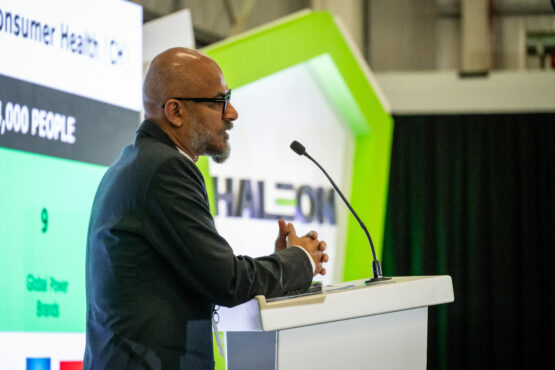

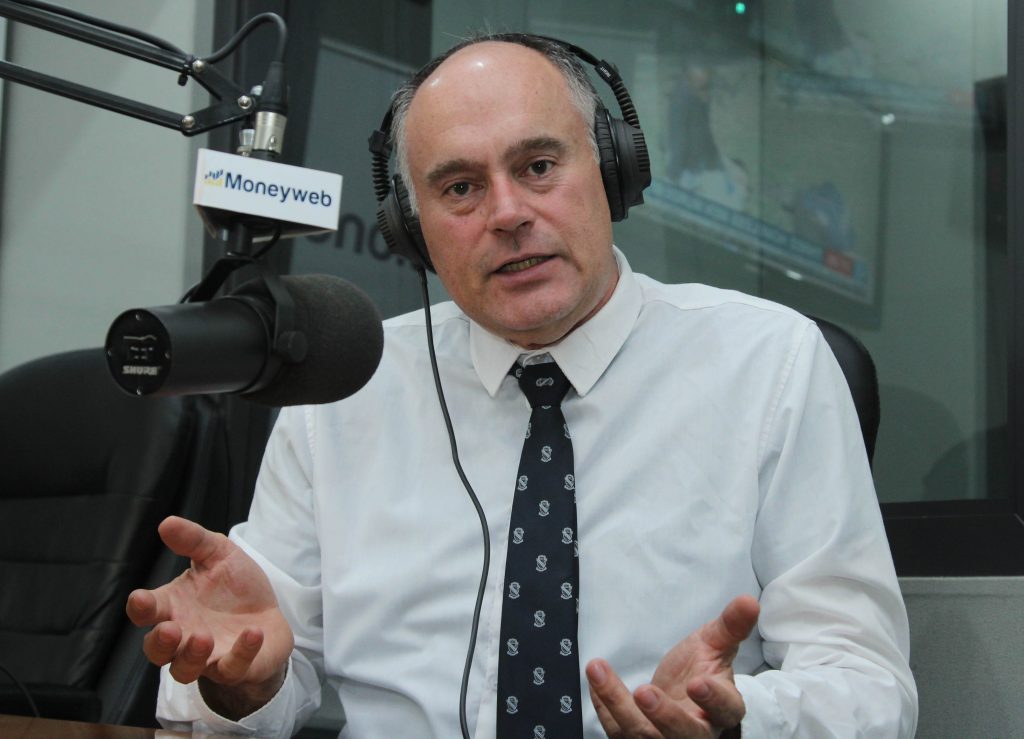
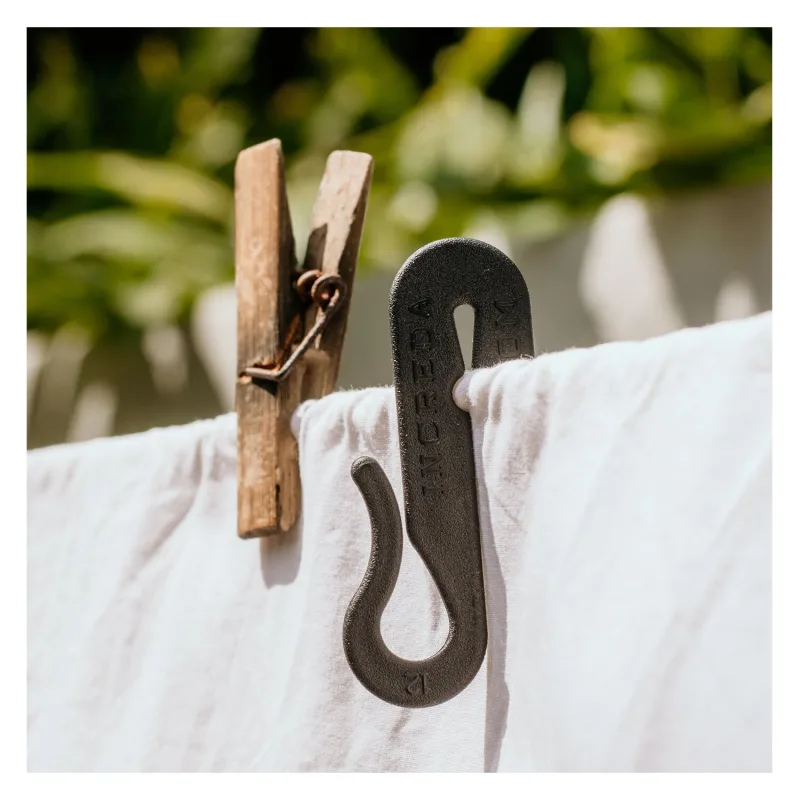




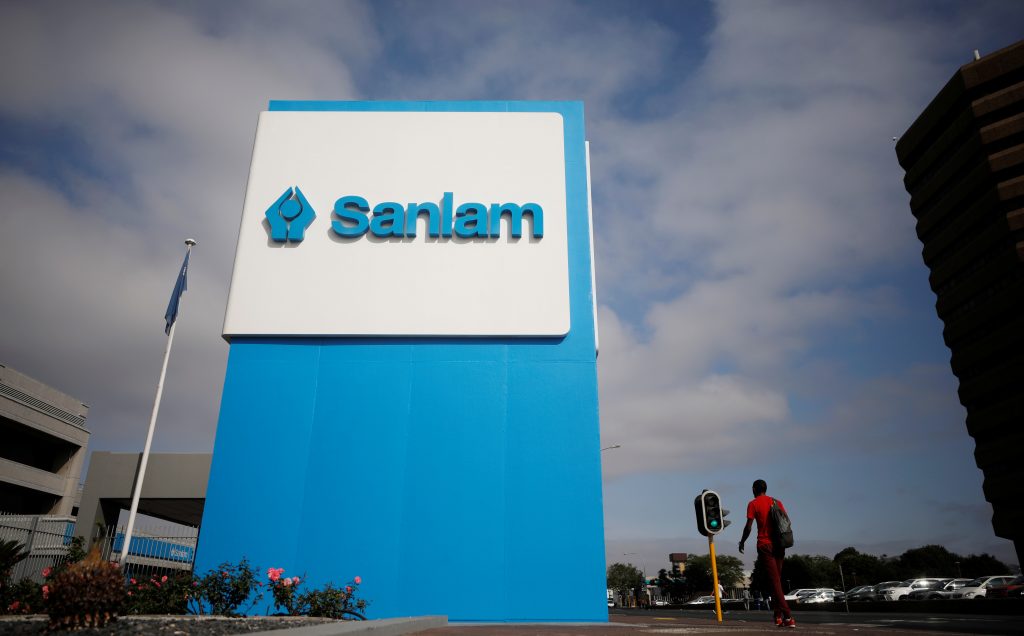





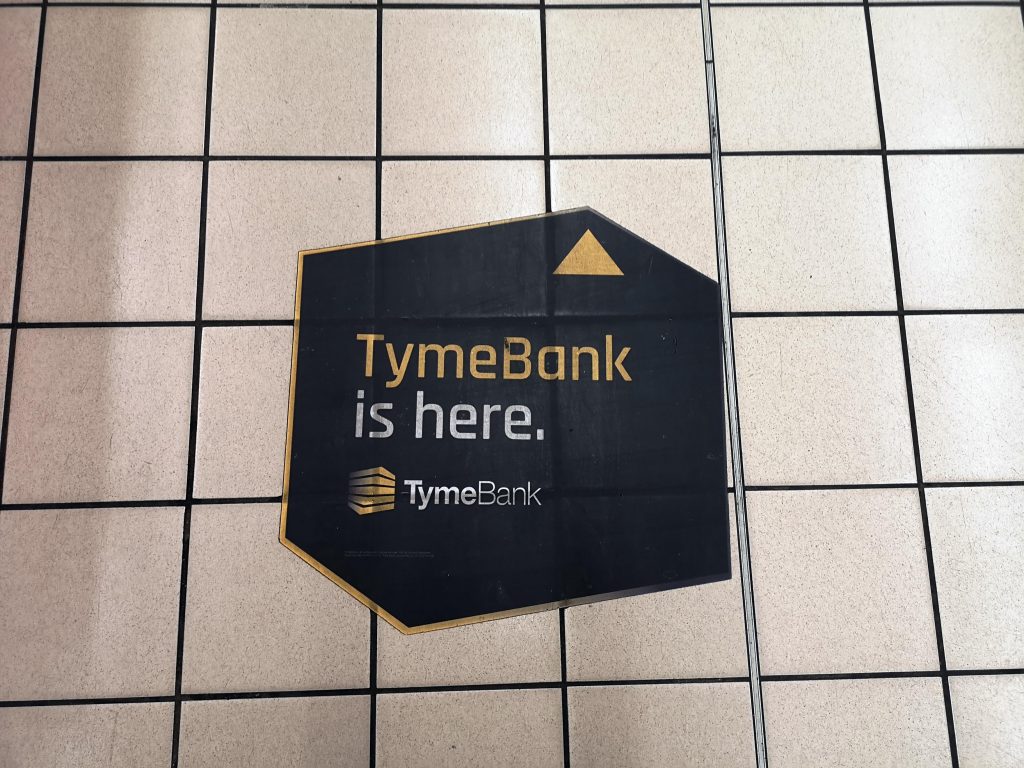



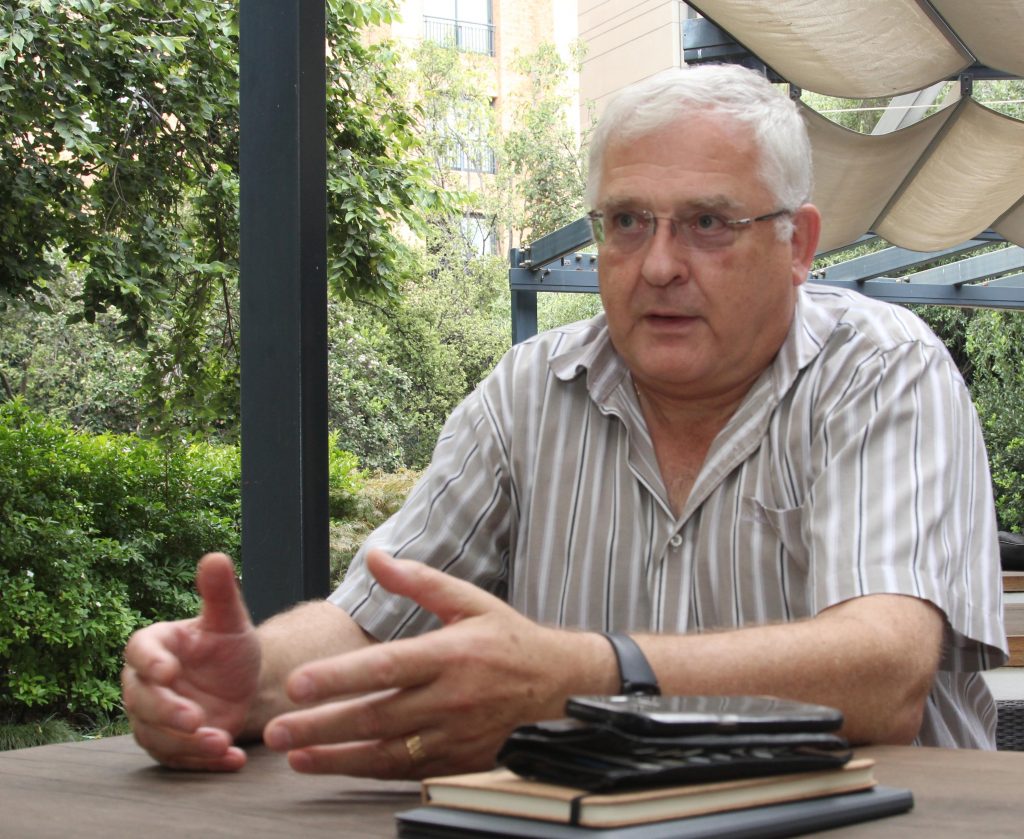




 English (US) ·
English (US) ·